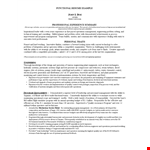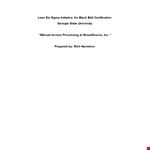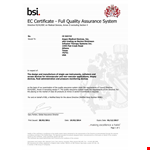When comparing something to other similar items, Quality refers to how good it is. To put it another way, the standard of excellence. It refers to a distinguishing characteristic or trait that an individual possesses when used to characterize them. In this way, the term can also be applied to objects. "Mary's greatest quality is her integrity," I will tell if I believe that is Mary's best attribute. We generally apply to people of high social status when we say "people of quality." However, today's use of the word in this sense is less frequent than in the past. It is a measure of excellence in business, especially manufacturing. It may also apply to a defect-free state in this sense.
What is Quality Management?
Quality differs depending on one's point of view, because one business or sector can have a different perspective on quality than another. A manufacturer's concept of quality, for example, can vary from the definition of quality used by a marketing team. This quality indicates that the product or service is valuable and useful to the consumer. As a result, a quality product is one that reliably proves useful. Customers are more likely to use a product or service that is of high quality, reliable, and effective if they feel secure doing so.
- Requirements: Quality means that the products meet and exceed all requirements, standards and specifications. For example, certain industry products may need to meet specific standards and specifications for legal or medical reasons. Many companies also develop their own set of quality requirements that each product or service must meet before releasing it to the public.
- Price: With this definition, quality is determined by how much customers will pay for the product. The higher the amount customers will pay, the higher the quality of the product.
- Value: Quality products have a high value to the customer for their price. Companies may sell a product at a higher price if they have a product that’s better than their competitors’ offerings. For example, people may be more likely to purchase a cell phone that has a long battery life, even if it’s more expensive than a competing company’s cell phone with a shorter battery life.
- Cost: This interpretation states that quality products cost more to make and distribute. Many products that last longer or excel in serving their function consist of high-quality material. Extensive planning and developing by experts ensure a better product, typically at a higher cost.









